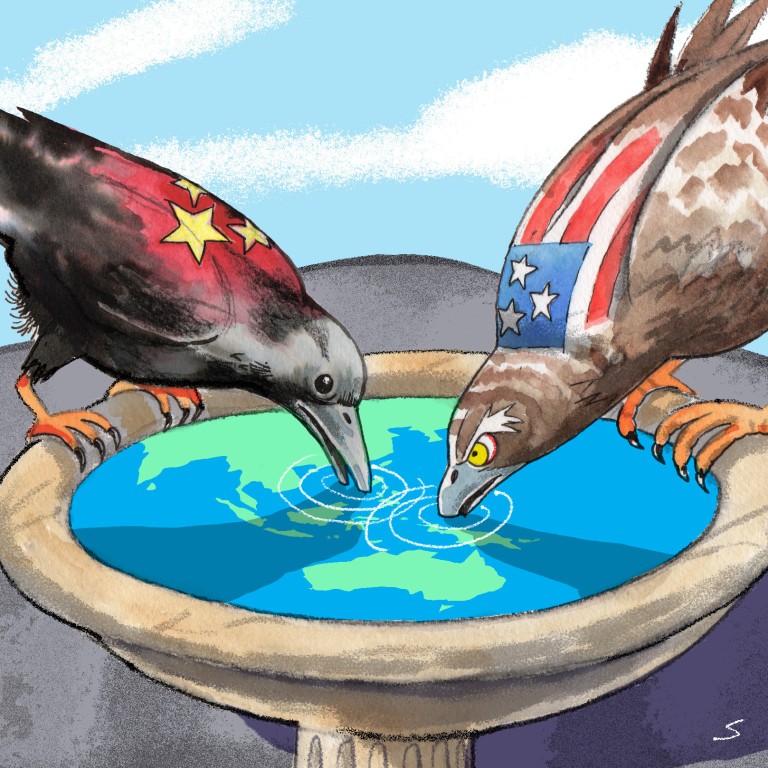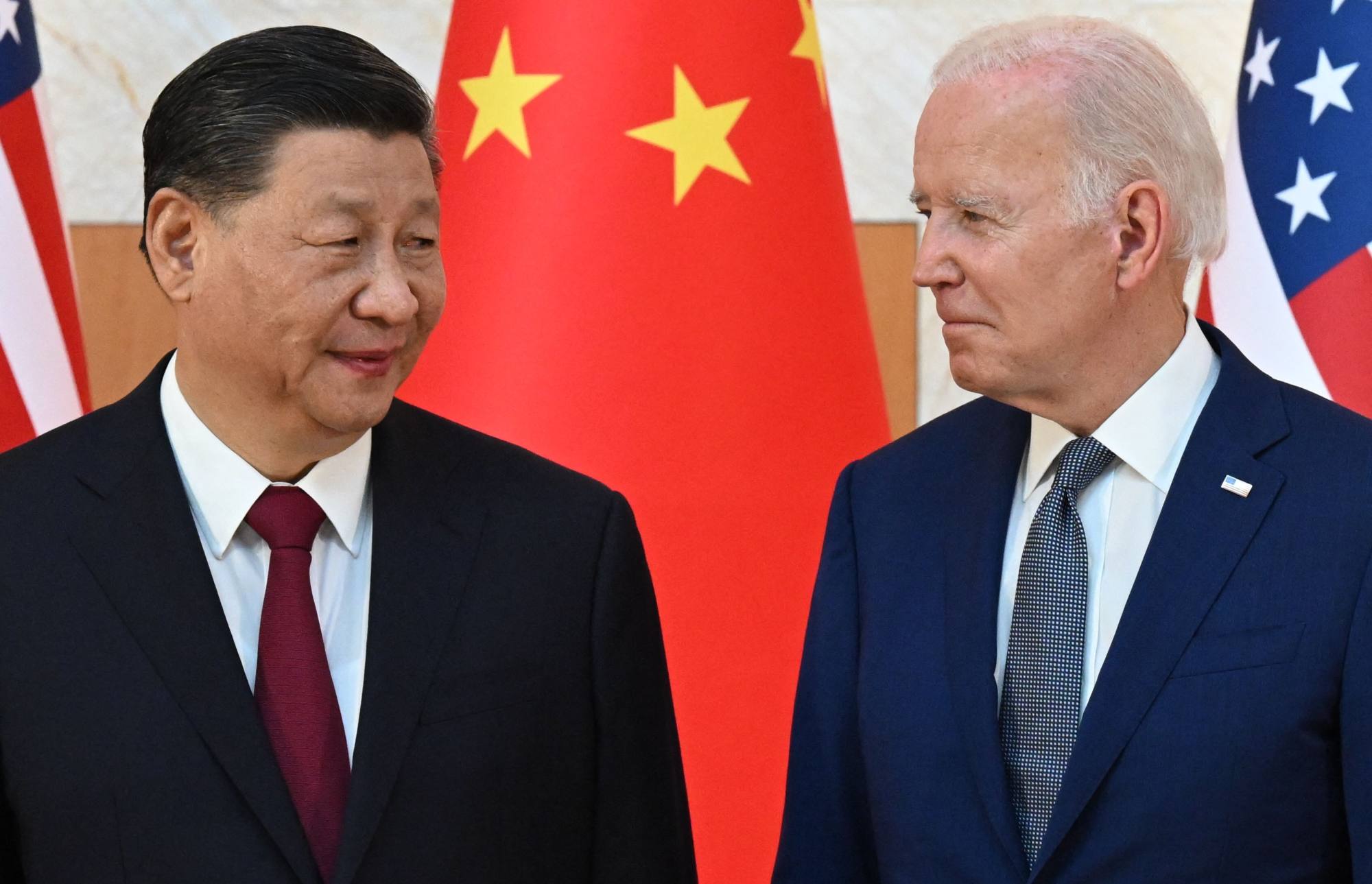
The US has been getting China all wrong for two decades
- History will not judge recent US policy towards China kindly: intellectual and political laziness have rendered it incapable of accepting China’s rise or responding effectively to its increasing overreach
- A policy recalibration is needed on both sides, for the sake of all
Did you know that, in American-speak, a group of flying corvids is not called a “flock” but a “murder”? Right now, amid the warm Laguna area of southern California, whip-smart crows are already spreading their wings in anticipation of spring.
They’re not armed with flight plans to dive-bomb people barbecuing in their backyards. Instead, these tradition-bound, family-oriented, hard-working survivors will soon be scoping out reliable food sources and supply lines with assertive aerial surveillance.
Yes, feathering their nest can get to be quite a racket, but, on the whole, their needs are well accepted by the settler Homo sapiens here, so that in this Pacific neighbourhood, a steady peace prevails between birdkind and mankind.
For decades now, Singaporean professor and diplomat Kishore Mahbubani has been warning everyone that America was not emotionally or intellectually prepared to process and accept, within bounds, the historic resurfacing of China. How spot on this crusading thinker has been.

My own reporting efforts on Asia and America led me to agree that our policy direction with China had become reactive and wrong. Scant help ever comes from the US media, always wrapping its reporting in the old rags of American exceptionalism and Cold War revanchism. Few American politicians had the acumen or courage to call for course corrections (or even minor recalibrations) in the high-stakes relationship with the rising Asian nuclear superpower.
History will not judge American policy towards China over the last two decades kindly. Intellectual and policy laziness have blocked out insight. No understanding of China-US relations can hope for credibility and sustainability that lies fallow or stands pat. This is the problem of “Beijing versus Washington”, and with “Socialism with Characteristics” versus “Capitalism with American Exceptionalism”. They are lose-lose, in-your-face formulations.
The need for recalibration came to me in coming across a brash but urgent new book titled Overreach: How China Derailed Its Peaceful Rise. This is a volume that everyone who thinks they know enough about China should read, because they don’t.
Shirk’s contribution to policy recalibration is in her sophisticated parlaying of deep-thinking scholarship into the twin need for necessary retreats and fresh new directions. This applies to both Beijing and Washington.
Shirk traces the origins of China’s derailing of its own previously proclaimed “peaceful” rise back to around 2006-2009, and pointedly calls out the current national government: “The costs to China of Xi’s policies are adding up,” she concludes. A solution is elusive: China will need to “find mechanisms to restraint itself. The problem has no obvious solution or simple answer.”
Yes, China has historically suffered from obnoxious and callus Western meddling and ham-fisted stabs at hegemony; but seeking to square geopolitical injustice by overreaching via punchy rhetoric and pushy policy only incentivises enemies and creates new doubts and doubters. Yes, America by some metrics may well be on a power losing momentum, but to lash China’s strategic thinking onto the mast of an allegedly sinking ship is one breathtakingly colossal gamble.
As world leaders meet again, 3 reasons to root for multilateralism
Professor Shirk’s takedown seems more fresh air than cold-war hot air, because her critique of US policies is almost as searing, in the process offering a stern, adult-level warning to both sides to live together to avoid endangering the entire species.
Why does the Chinese leadership believe it has to dance like wolves on the world stage? Why has the Washington-New York power elite so long resisted the noble challenge of a better US policy for China’s more sensible crows; instead, alas, it only seems capable of watching them like, well, hawks.
LMU clinical professor and “Giants of Asia” author Tom Plate is vice-president of the Pacific Century Institute


